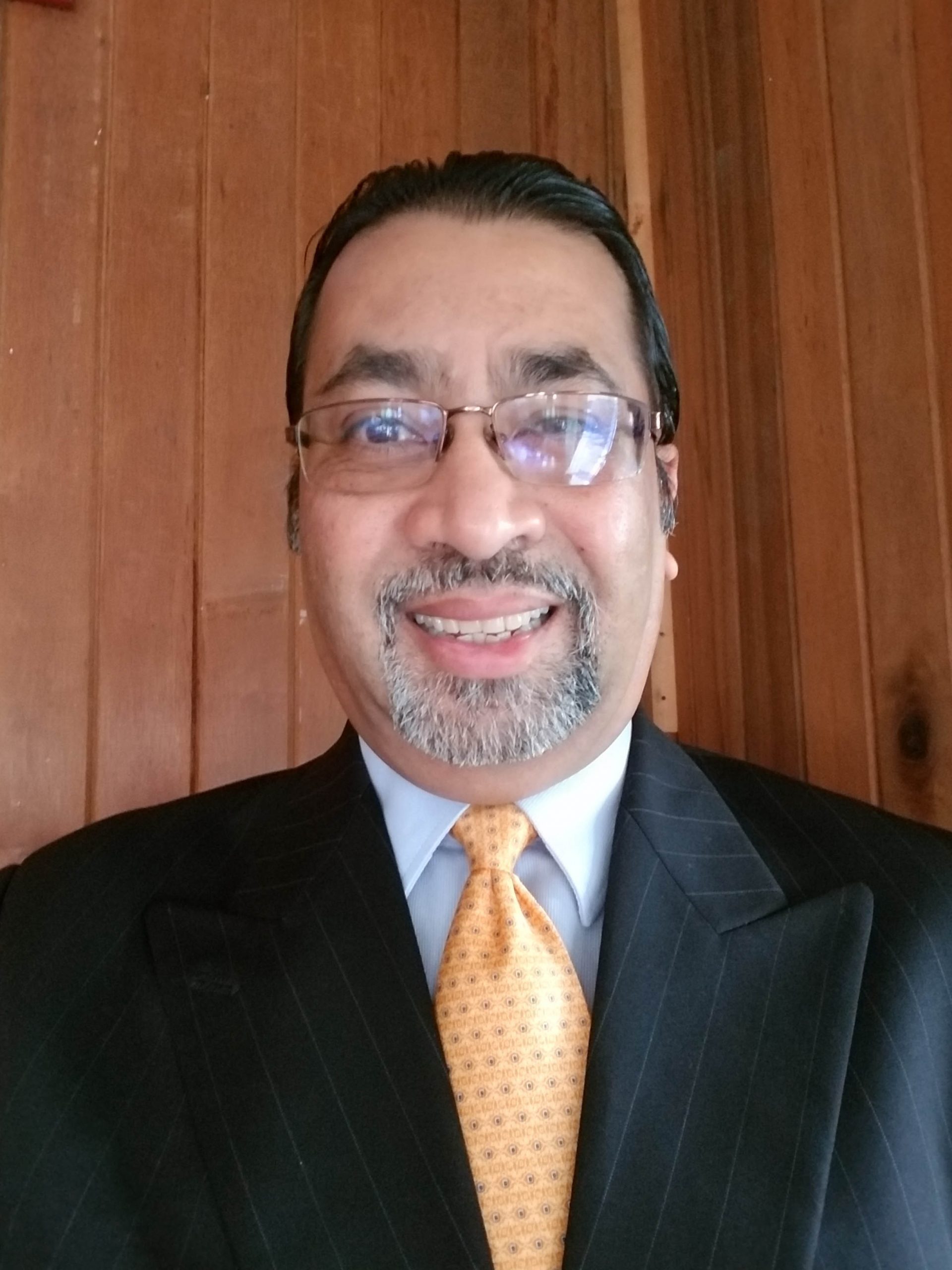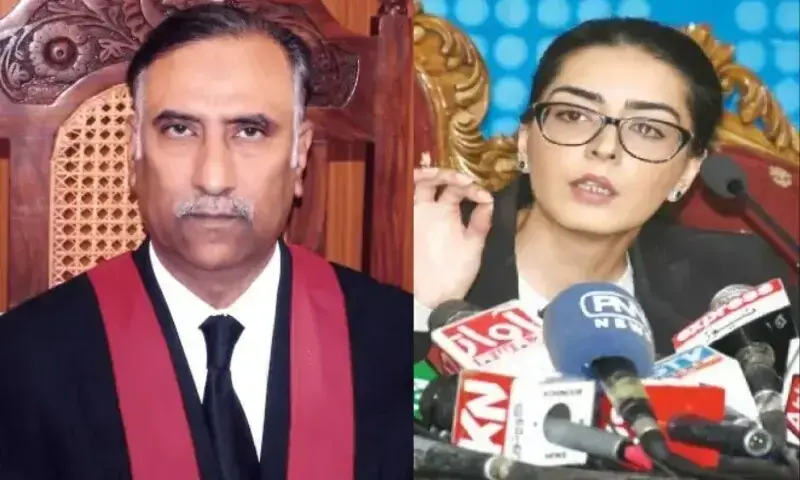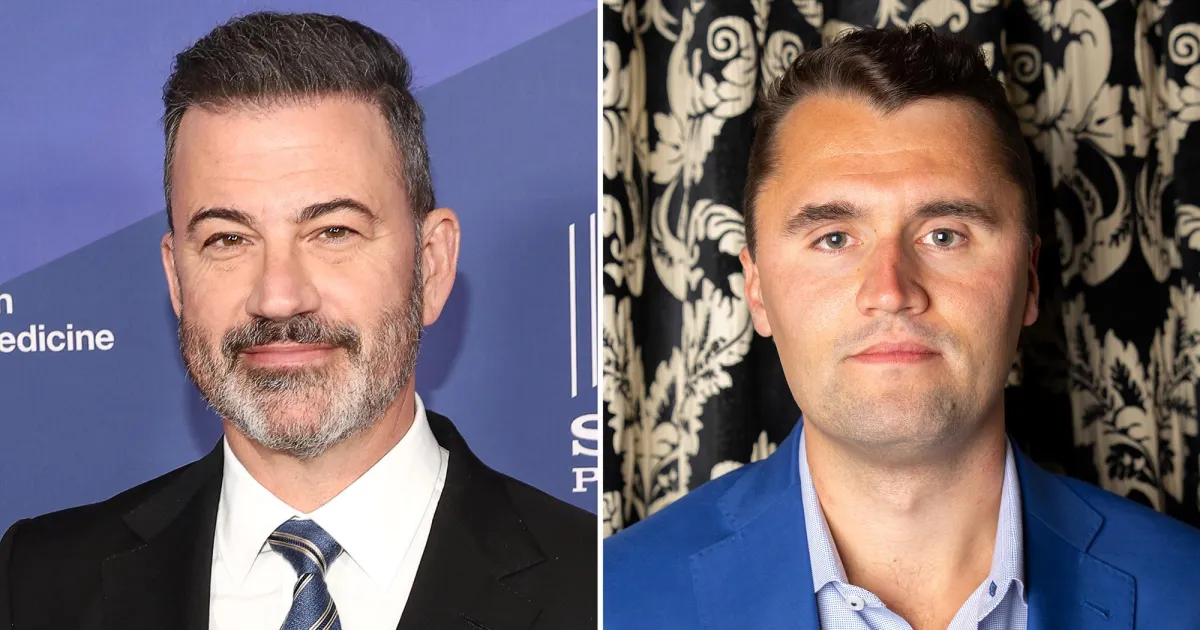By Stabroek News
Copyright stabroeknews

It seems that this is still the question that is being cogitated on in the corridors, in taxis, in watering holes, why even the Warriors’ fans must have returned to this topic by now! And this is nearly a month after the election, the results of which led to the swearing-in of H.E. the President for a second term with an increased majority, and the advent of a new Leader of the Opposition. I have already characterized the 2025 elections and the results as producing a seismic shift in our political landscape, shattering the Caribbean stereotype of two-party politics – the entry of AFC years ago cannot be compared to that of WIN – and the come-from-behind ascendancy of a “newbie” third party. The answer to this question could be put into different “boxes”, and it is that which I will attempt to do.
Firstly, the party leadership: Mr. Azruddin Mohamed is an unknown entity, the proverbial “new kid on the block”, just like the WIN party that he leads (on a personal note, I have only seen this gentleman once in my life, at the August Emancipation Day celebrations last year). Perhaps because of his political “newness”, he attracted particular scrutiny from the media, as was the case on Nomination Day at the Umana Yana. This initial showing was, to say the least, not stellar and increased the intrigue surrounding his eventual meteoric rise in the polls.
It would seem to be the case that the twin forces of change – wanting something different in terms of political choices, and “AzMo”’s aura of a listener – a concerned and genuine leader who had a dependable track record of delivering on his word – together carried the day for many with him. It would be left to the specialists – sociologists, political scientists, pollsters – to determine what tipped the scales in his favour, but my sense is that it is his same quality of “newness”, what some might refer to as a “known unknown” that, when compared to the other presidential candidates, Mr. Aubrey Norton in particular, was persuasive enough for the electorate to “give he a chance man”.
As regards Mr. Norton, quite a lot is known of him – maybe too much – he having been involved in Guyana’s politics for about half a century. My own familiarity with him derives from our days decades ago as colleagues in the Foreign Ministry and our habits of congregating at the same watering holes over the years. But respectfully, the kind of knowledge I have of the gentleman does not compare to those who have seen him in full political mode, in Congress Place, on the hustings, on the campaign trial. Theirs is a story of a leader who is not favourably disposed to taking advice, especially when it is not what he wants to hear, an occasional streak of arrogance, uncomfortable in the company of other stars in the party (ask Amanza), the kind of person who likes to be the brightest person in the room – something he may have picked up from his Founder Leader, Forbes Burnham.
And yet, still others would argue that Burnham with all his intellect, was comfortable surrounding himself with other brilliant minds like Dr. Kenneth King, Dr. Mohamed Shahabuddeen and Haslyn Parris. He benefitted by bouncing ideas off of them and contesting different points of view, to arrive oftentimes at a more informed and practicable solution. The sidelining of senior PNCR officials or the crossing of the floor by others could well be symptomatic of these character traits.
The campaigns: I like others had erred in assuming that the WIN party rose to prominence in just over two months, having only been officially launched at the end of June. In hindsight, in so far as voters invariably equate voting for a party with voting for its leader, Mr. Mohamed’s targeted nationwide “listening” campaign that he had undertaken since 2024, along with his philanthropic work over the years, had already created the impression in the mindset of many, that he would be a candidate worthy of their trust and support. Indeed Azruddin was carrying on a practice of lending a helping hand that his father Nazar “Shell” Mohamed had begun decades ago. It is for this reason it seems that videos regularly appeared of supporters calling him “Mr. President” and urging him to contest the election. In other words, voters had pretty much formed a favourable opinion of Mr. Mohamed and saw in him the change that they desired, long before WIN was formally launched in June of this year.
Whether by accident or design, this put the younger Mohamed in an advantageous position, as none of the existing parties could mount a political challenge against a non-existent party! The only ammunition available was the fact that family members and businesses had been subject to OFAC sanctions by the US Treasury Department and allegations against him by local authorities of tax evasion (the police to date have not been able to substantiate other allegations of a serious criminal nature against Azruddin Mohamed). When the WIN party campaign did start in earnest, the track record that the party’s leader had previously laid as a private citizen stood him in good stead to galvanise support for this breath of fresh air. This was in the midst of what may have been anticipated by a wary electorate as the “same old same old” mudslinging rhetoric of PNC-PPP campaigns of years past.
Over in the APNU camp, the party in rolling out its campaign could of course rely on its die-hard supporters from over the years, who often “follow pattern” the practice in their households of voting for the Palm Tree, now subsumed under APNU’s symbol of the Palm. However, having failed to form a coalition with AFC, and after most of the smaller parties decided to “jump ship”, Mr. Norton’s PNCR found itself in partnership with the near-defunct WPA, a party that in its formative days had dedicated its existence to confronting the PNC under Forbes Burnham…no wonder they say that politics makes strange bedfellows… as does opportunism. The missed opportunity of a coalition with AFC and the haemorrhaging of smaller parties would most likely have impacted negatively on APNU’s support base.
If crowd size is anything to go by – notwithstanding the persistent allegations of “rent-a-crowd” – from Nomination Day to the final rallies held the weekend before the elections, the sea of blue supporters that followed Mr. Mohamed must have been intimidating to APNU and maybe less so to the PPP/C. On the platforms, there was not too much in the way of substance that came from the WIN camp, given that their slate was relatively thin when it comes to political and professional experience: just as how it is often said, “You should be careful what you wish for”, it might yet come to pass that the Honourable Attorney General would have to present a Bill in Parliament facing “Doggie” (not “Dawgie”) on the opposition benches!
Regardless of some of the farcical presentations by WIN candidates, voters seemed more enamoured by the “shiny new toy” that was this party led by Mr. Mohamed, especially in the environment where change was a welcome addition to the traditional two-party slugfest. When one drills down further, it is clear that the WIN campaign held a special appeal for the youth, many of them on motor-cycles, who were all unfortunately painted with the same derogatory brush as “scrapes”. However, not only were they of voting age, but these “lumpen” elements of our society may well have felt a sense of exclusion in the past under the two traditional parties, which drove them with hope and expectation to hitch their wagons to the WIN engine.
Furthermore, as regards the demographics, the meetings and rallies of WIN were attended by a cross-section of the citizenry consisting of both Afro-Guyanese and Indo-Guyanese. Here again this must have been unsettling to APNU: the consensus is that WIN was able to make more inroads among APNU’s Afro-Guyanese supporters than the traditional Indo-Guyanese base of the PPP/C. To this, two footnotes must be added: firstly, the well-orchestrated demonstrations against the WIN party when campaigning in PPP/C rural districts – somewhat reminiscent of the PNC tactics in the pre-1992 days – signaled if not a level of desperation, at least concern about the possible erosion of the ruling party’s traditional base. Secondly, at one stage in the campaign, both the PPP/C and APNU seemed to have focused their attention more against WIN than their age-old nemeses, raising questions as to which party for either was the greater threat!
It will be difficult in the absence of precise data to determine how much of a shift in the demographic occurred in the elections. One thing that is certain however, is that the impact of the WIN party will cause the old racial stereotypes associated with election results in Guyana to be re-examined. While as stated, WIN rallies very often were attended by a cross-section of citizens, it is also the case that during the last five years President Ali has been able to chip away at APNU’s traditional Afro-Guyanese base. For the nationalists among us, this is a sign of hope that the scourge of racial politics, the legacy of the British divide and rule policy that was perpetuated in the post-independence era, might finally be under assault. Hence, as part of its introspection, APNU must in contrast assess how many Indo-Guyanese was Mr. Norton able to woo into the party ranks, bearing in mind the other important demographic of indigenous Guyanese, where Mr. Mohamed also did very well.
I observed the campaigns through the media blitz in mainstream and online outlets. At one stage, I got the distinct impression that it was a race to the bottom to see which party could promise the most enticing financial goodies to potential voters. For example, APNU promised free house lots for those earning $300-$400,000 a month (how many persons is that?), and a rent-to-own scheme for houses. WIN said it would prioritise house lot allocation for the disciplined services, reducing the cost by 40% along with a construction grant of $700,000. The PPP/C rejected these ideas, in essence saying “it can’t wuk”, it’s too costly, that infrastructure preparation costs $5M per house lot, while still incongruously referring to a house lot of $500-800,000 as ‘low to middle income’: how many low income persons can afford that amount of money to acquire a house lot, even with remittances from relatives in “farrin”, and then take on the additional burden of a bank loan to construct the dwelling!?
As an aside, I had some time ago publicly lamented the fact that in a vast country like Guyana, where land is not finite as in the Windward and Leeward Islands for example, why it is that the Government of the day could not provide citizens with a house lot on a 20-year loan-free basis. Then, the only immediate burden would be accessing a bank for a loan for construction, for which the house lot could be used as collateral. Payment for the house lot would only come due at the expiry of 20 years, by which time the construction loan should have been repaid. This payment would be on a vastly subsidized price, which after 20 years our oil wealth would be able to offset. And in such a scheme, house lot distribution would be prioritized for our disciplined services, teachers, nurses, public servants in general, the only requirement for qualification being that they are first-time homeowners. The campaigns also promoted all manner of hand-outs, cash grant, school grant, transportation grant, line-of-duty payments, scholarships, school meals – in other words, veiled vote-buying.
Not having read any of the Party Manifestos, I decided to resort to the infamously unreliable Wikipedia in preparing this article, to get some kind of a sense of how the stated policy of the parties is regarded. There, APNU’s ideology is listed as “big tent”, and that of WIN is a “grassroots” party based on “populism”. This I found to be particularly intriguing for, as noted earlier, the APNU “big tent” had all but folded, leaving the WPA clinging for survival to the APNU banner, desperate to avoid the embarrassment of competing in the elections on its own – just look at the poor showing of some of the other parties. This disintegration could possibly account for both the reported low voter turnout in APNU strongholds, and the shift away from the party by its traditional base.
That a party led by a billionaire philanthropist with allegations of white-collar crimes against him, could reach out to the so-called “ordinary people”, connect with them and galvanise their support to the extent that APNU’s previous 31-seat presence in the Opposition has been embarrassingly whittled down to less than half of that, is nothing short of phenomenal. For someone living a life of privilege and opulence, driving luxury vehicles and wearing designer clothes, to connect with the scrapes and lumpen, however you wish to classify them, appears to bear testimony to the gentlemen’s demeanour, his receptiveness and his ability to empathise and ground with the common man and woman. Any kind of APNU introspection or PPP/C debriefing would have to acknowledge these characteristics and both APNU and PPP/C, as traditional working-class parties, now have to adjust and “dress down” and make room for “AzMo”.
As always, finances played a critical role in the reach and scale of the campaigns. It is no secret that APNU has been strapped for resources for some time now, in addition to having yielded to the PPP/C the luxury of incumbency that they enjoyed in 2020. But when the leader of your competitor is flush with capital and has built a reputation on philanthropy, it makes it quite challenging to attract support, especially from some voters who feel they were let down and left out, even during the years of the APNU/AFC administration.
The die is therefore cast for the way how policy and parliamentary representation of the people will unfold. Notwithstanding WIN’s lack of political and parliamentary experience, alliances will have to be built both on the opposition benches, and also across the aisle. Some legislative and policy initiatives will require meaningful consultation with the Leader of the Opposition, and others the votes of at least some opposition MPs.
In a television “sit down” with his campaign manager on the eve of the election, we got a closer look at Mr. Mohamed in an informal setting; some of the qualities that must have endeared him to his supporters were on display. The day after the elections, he addressed the public in a calm and rather statesman-like manner. So, in determining “how that happen”, APNU would do well to also factor in these snippets of the soon-to-be Leader of the Opposition, in its process of introspection.



